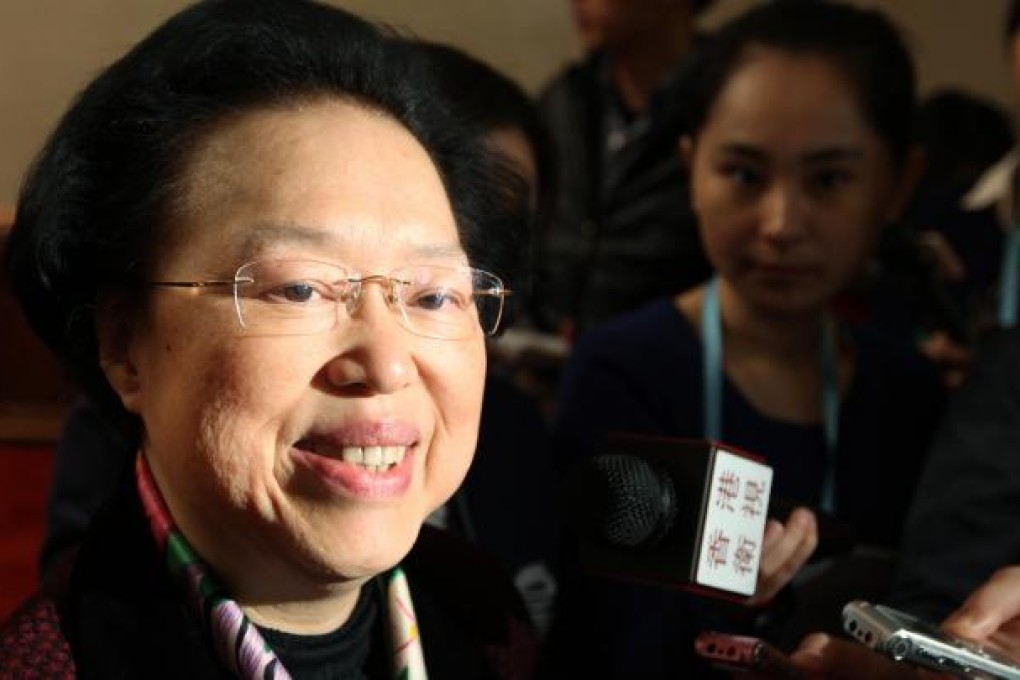Basic Law expert accused of twisting facts on voting rights
Comments on universal suffrage put Basic Law veteran Maria Tam's credibility on the line

Pan-democrats and legal experts have called into question the credibility of a Basic Law heavyweight after she allegedly "twisted facts" regarding people's political rights guaranteed in an international covenant.
Maria Tam Wai-chu, local head of delegation to the National People's Congress and a Basic Law Committee member, said on two occasions yesterday that the rights to stand for election and to nominate were not covered in the International Covenant on Civil and Political Rights provision on universal suffrage.
The lawyer also claimed that the chief executive's oath included a vow of allegiance to the central government.
But the South China Morning Post found there was an inconsistency between Tam's assertions and what was stated in the two documents concerned.
Article 25(b) of the covenant stated: "Every citizen shall have the right and the opportunity ... to vote and to be elected at genuine periodic elections which shall be by universal and equal suffrage."
The chief executive's oath, in the Oaths and Declarations Ordinance, read: "I will ... bear allegiance to the Hong Kong Special Administrative Region of the People's Republic of China and ... be held accountable to the Central People's Government of the People's Republic of China and the Hong Kong Special Administrative Region."University of Hong Kong associate law professor Benny Tai Yiu-ting, citing previous judicial rulings on the article, said: "There has been no distinction between the rights to vote, to nominate and to stand for election."
Tai said the spirit of universal suffrage - "using common sense" - did not mean merely that one had the right to vote, but whether one had a real choice in the vote. "If you gave me a rotten orange and a rotten apple and asked me to choose one, does it amount to a choice?" he asked.